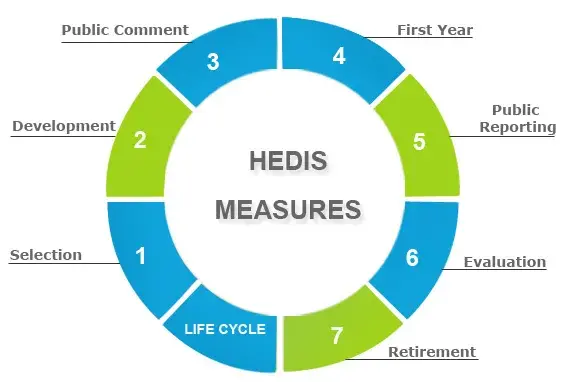If you’d want to compare HEDIS to something, a lighthouse wouldn’t be too far-fetched an object of comparison. Quite like the way it guides ships, HEDIS guides people to sign up for the right health plan.
The importance of HEDIS can never be overemphasized. HEDIS or Healthcare Effectiveness Data and Information Set has been developed for measuring the quality and performance of health plans. It functions, along with NCQA accreditation information, as a reliable yardstick by which consumers and organizations taking plans for their staff can compare the health plans on offer. It is a pretty exhaustive yardstick as well, with 75 various measurements incorporated.
What Does HEDIS Accommodate?
HEDIS covers cervical cancer and breast cancer screenings, high blood pressure control, lead level screening in kids’ blood, immunization and weight assessment for kids and adults, etc. If these things are offered better by the health plan, it would be termed as high performing. The HEDIS program is administered by the NCQA (National Committee for Quality Assurance), and its validity is ensured thanks to a foolproof process devised by the NCQA by which certified auditors audit the data.
How is HEDIS Data Collected?
HEDIS data is collected through various processes including medical charts, medical office visits, insurance hospitalization claims, and surveys. Survey measures are conducted by an external organization approved by the NCQA. Clinical measures employ the NCQA-specified hybrid or administrative data collection methodology. The administrative data basically consists of electronic service records such as insurance claims as well as registration processes from clinics, hospitals, labs, pharmacies and clinics.

If you’re looking for expert assistance in HEDIS coding to improve your healthcare metrics, visit our HEDIS Coding Services page for more information.
Improved and Cost-effective Healthcare
Studies reveal that attaining HEDIS measures does result in better health results and cost-effective treatment practices. These conclusions were based on research conducted in 2002 and 2003. Since HEDIS focuses chiefly on care processes, it is an indication of the quality of care the patient receives. This is perhaps the reason why HEDIS measures are widely accepted, with the NCQA claiming that these measures are used by more than 90% of health plans in America for analyzing their performance.
The CMS (Centers for Medicare and Medicaid Services) has mandated health maintenance organizations or HMOs to present HEDIS data of Medicare plans for providing HMO services for enrollees of Medicare under the Medicare Advantage program.
HEDIS is important and certainly a great boon for healthcare in the US.




